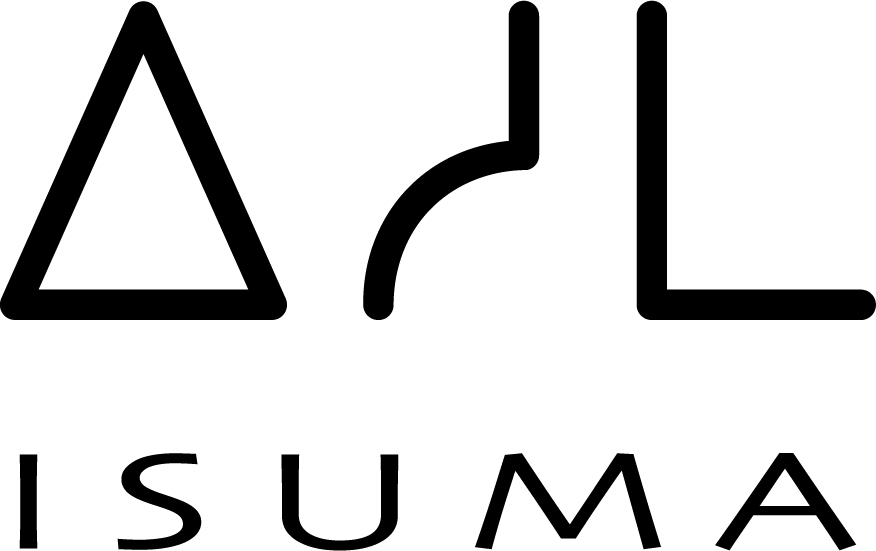Isuma Bios
About Isuma… Leer más

ISUMA, meaning ‘to think,’ is a collective of Inuit-owned related companies based since 1990 in Igloolik, Nunavut with a southern office in Montreal. In January 1990 four partners Zacharias Kunuk, Paul Apak, Pauloosie Qulitalik and Norman Cohn incorporated Igloolik Isuma Productions Inc. to produce and distribute independent Inuit-language films and media art from an Inuit point of view, featuring local actors recreating Inuit life in the Igloolik region in the 1930s and 1940s. Over the next ten years Isuma helped establish an Inuit media arts centre, NITV; a youth media and circus group, Artcirq; and a women's video collective, Arnait Video Productions. In 2001, Isuma’s first feature-length drama, Atanarjuat The Fast Runner, won the Camera d’or at the Cannes Film Festival; Isuma’s second feature, The Journals of Knud Rasmussen, opened the 2006 Toronto International Film Festival. In 2004 Isuma incorporated Isuma Distribution International and in 2008 launched IsumaTV www.isuma.tv, the world’s first website for Indigenous media art now showing over 7,000 films and videos in 84 languages. In 2010, Igloolik Isuma Productions closed and re-opened as Kingulliit Productions; in 2012 Kingulliit and Isuma Distribution produced Digital Indigenous Democracy, an internet network to inform and consult Inuit in low-bandwidth communities facing development of the Baffinland Iron Mine; and in 2014, My Father’s Land, a non-fiction feature about what took place during this Baffinland intervention. Recent projects include the feature drama, Maliglutit (Searchers), the TV series, Hunting With My Ancestors, and the world’s first Haida-language feature film, SGaawaay K’uuna (Edge of the Knife). Isuma's 30-year media art project represented Canada at the 2019 Venice Biennale with its newest feature, One Day in the Life of Noah Piugattuk, which then screened at the Toronto International Film Festival and won Best Canadian Film at the 2019 Vancouver International Film Festival. Contact info@isuma.tv.
RSS Feed:
×